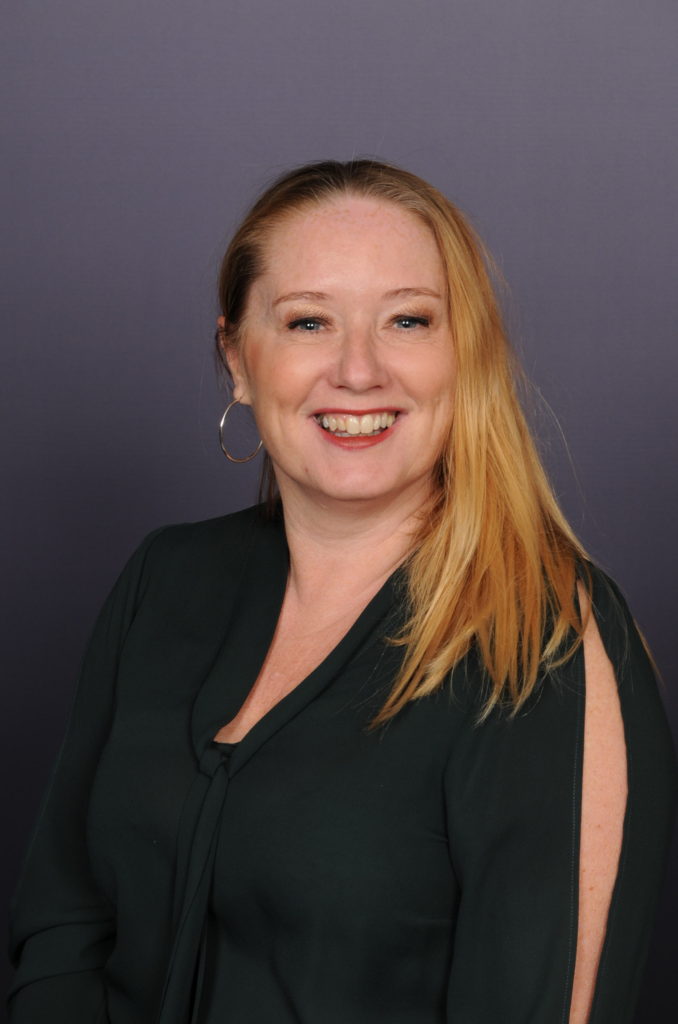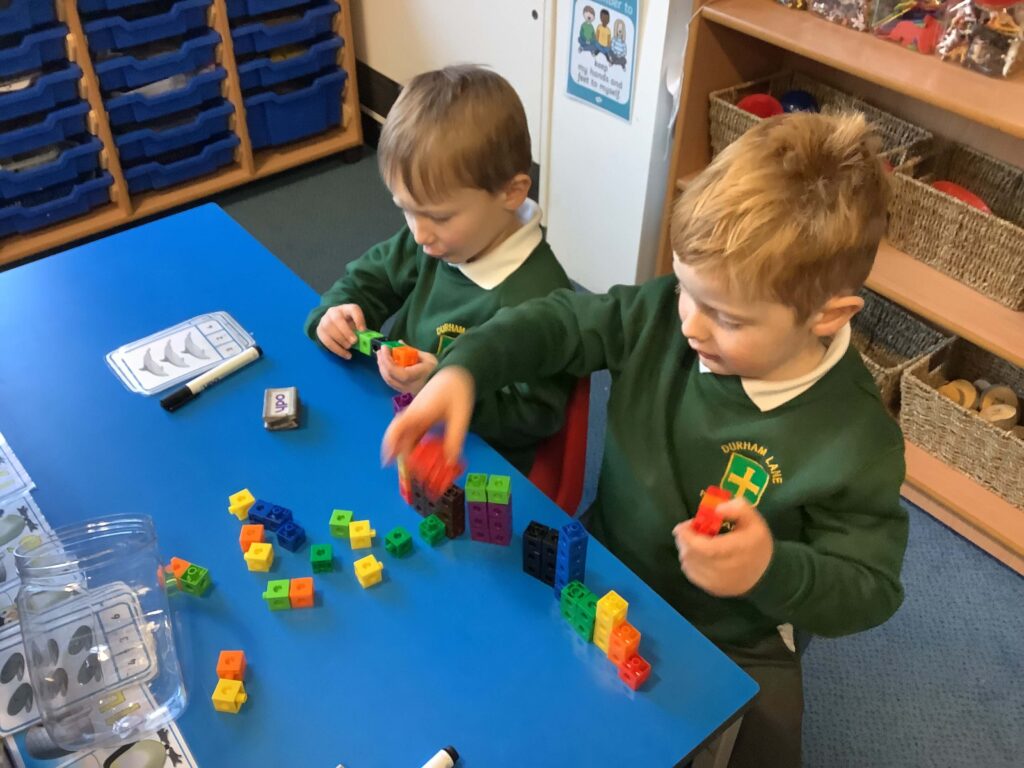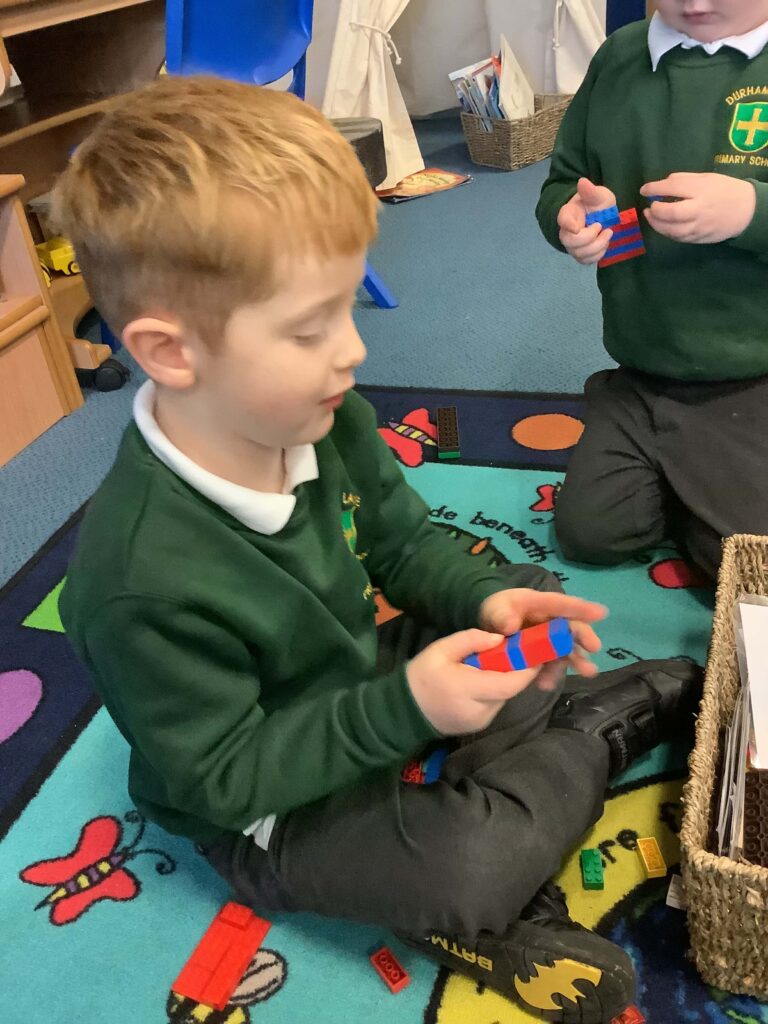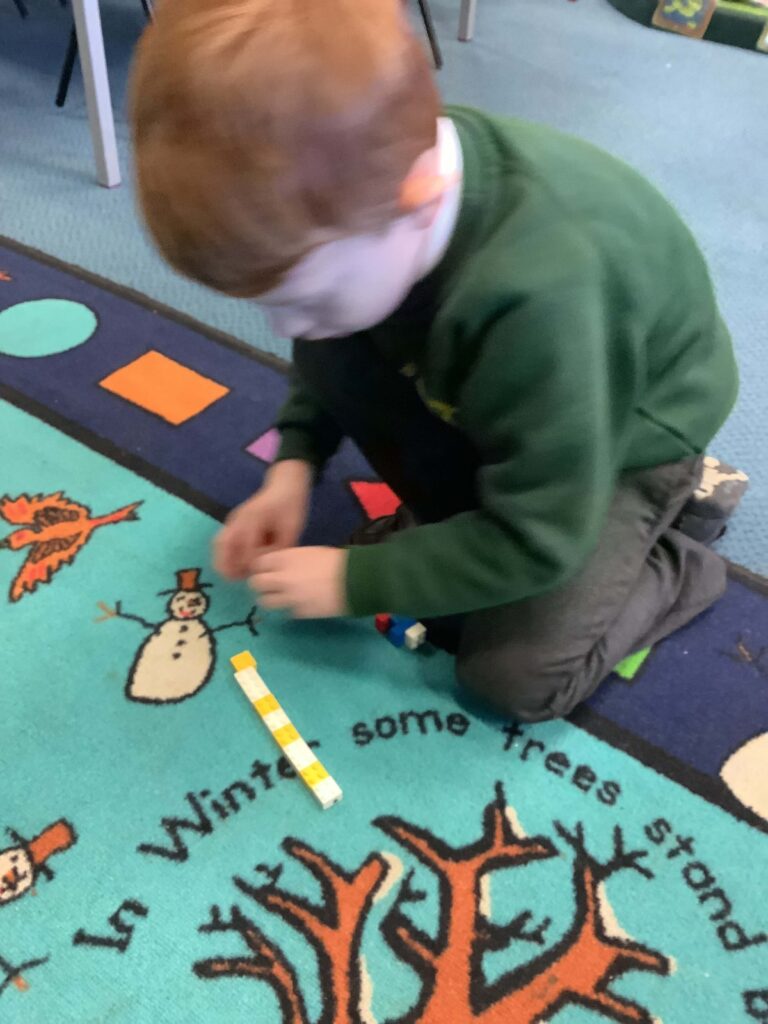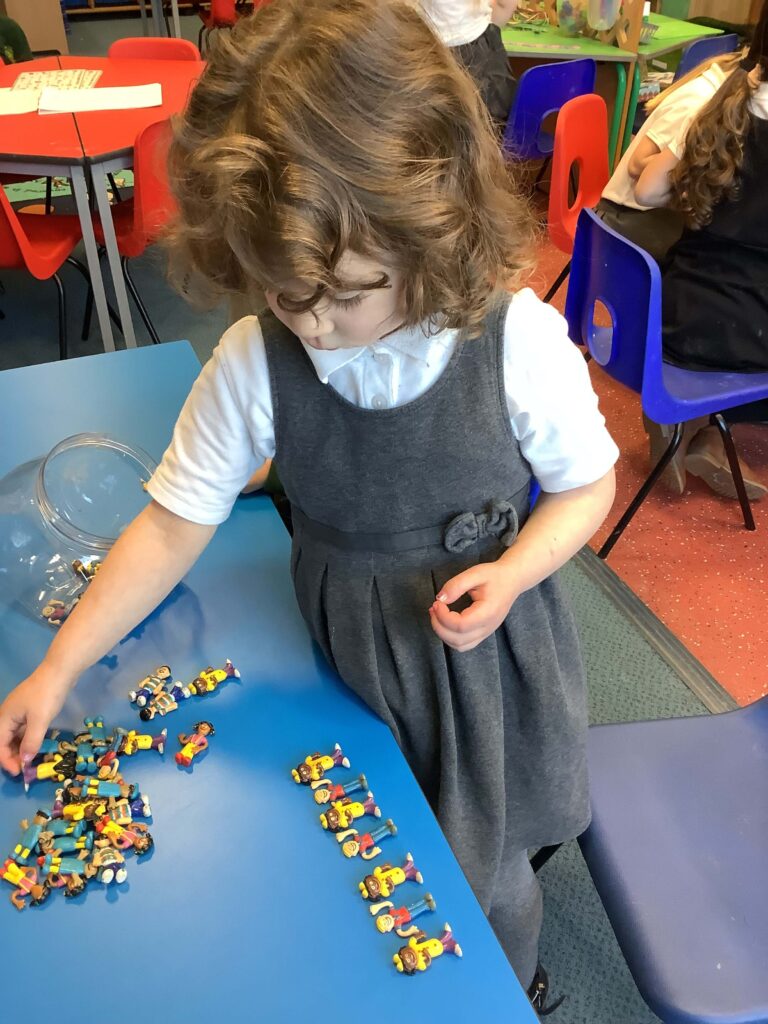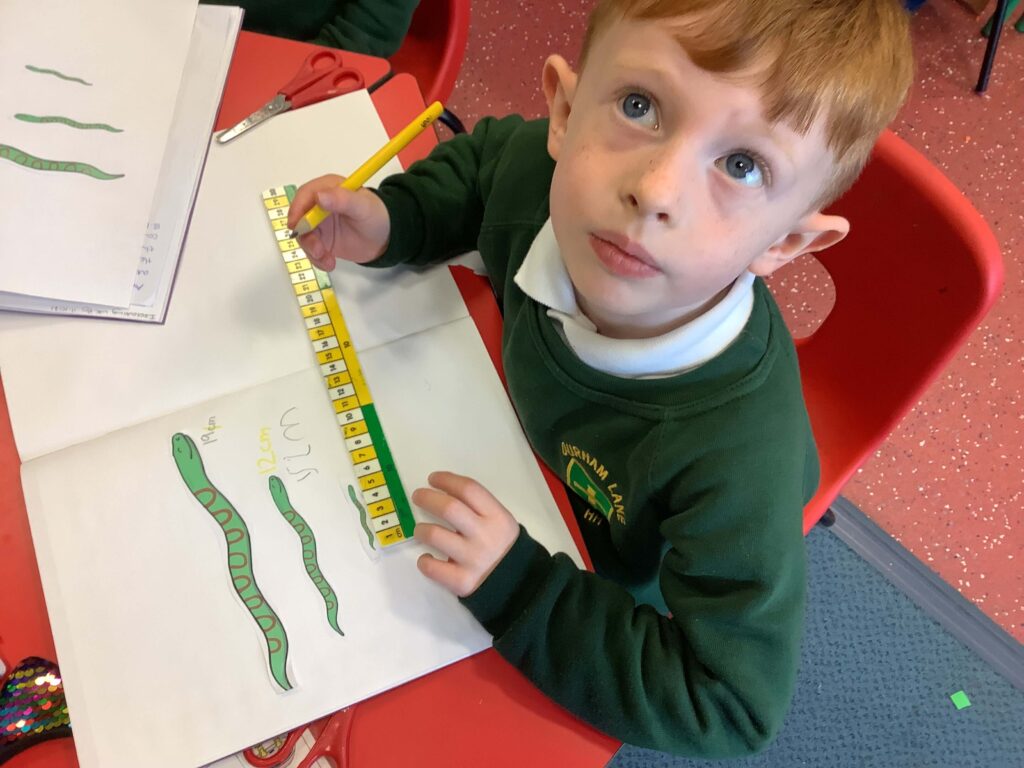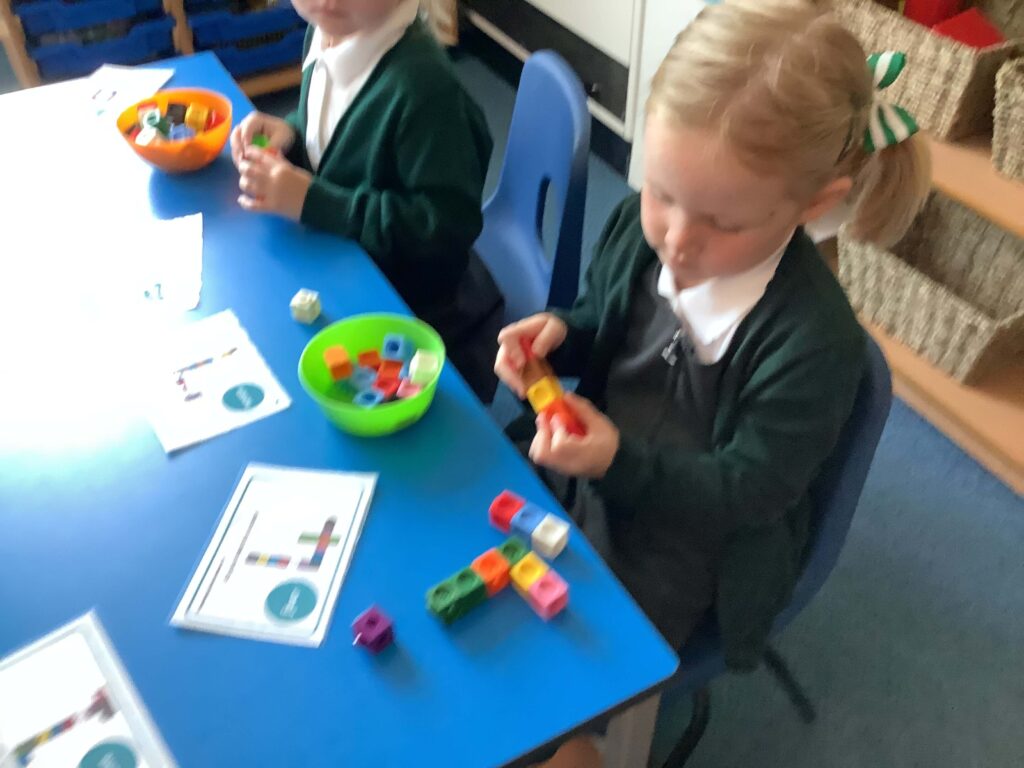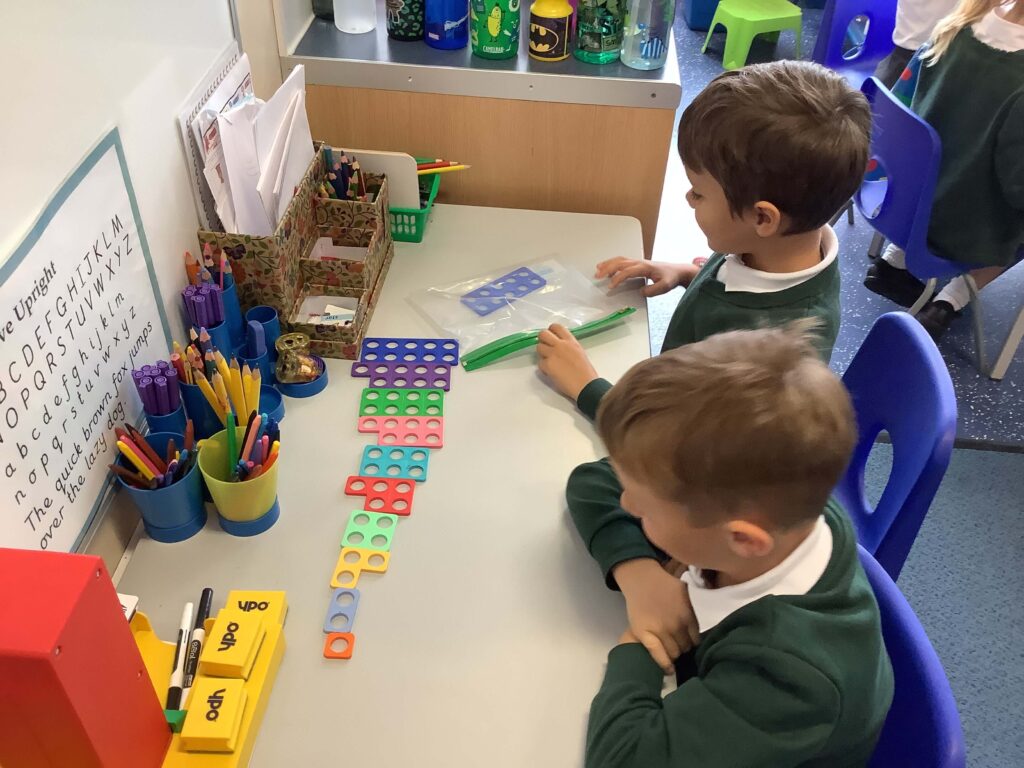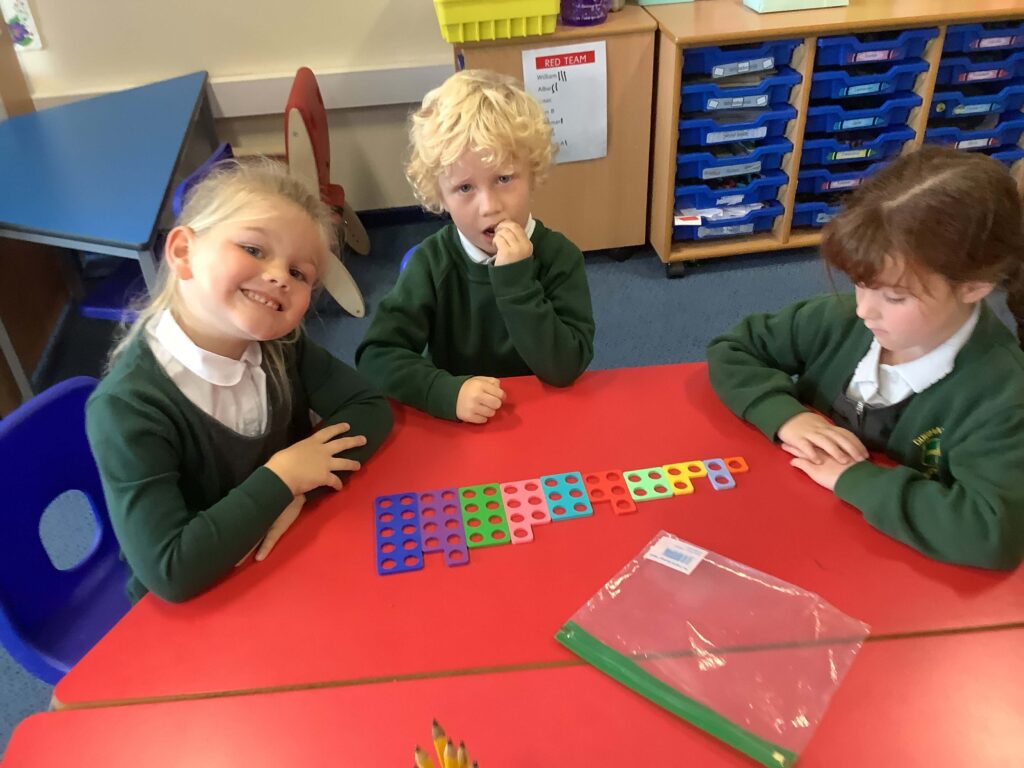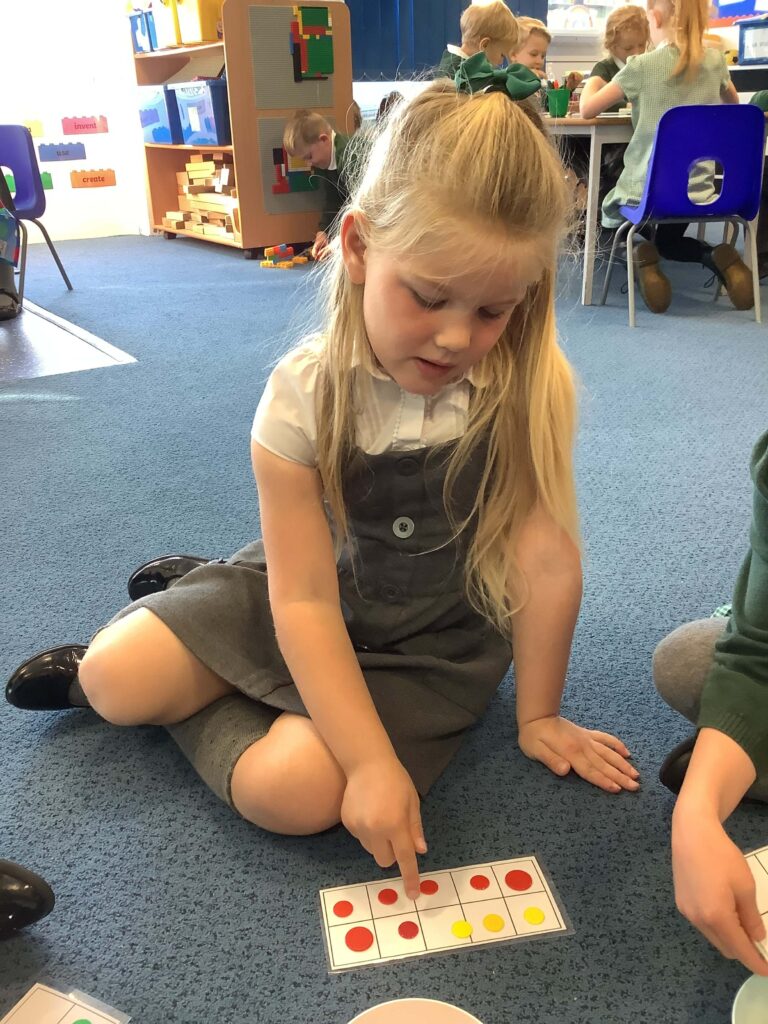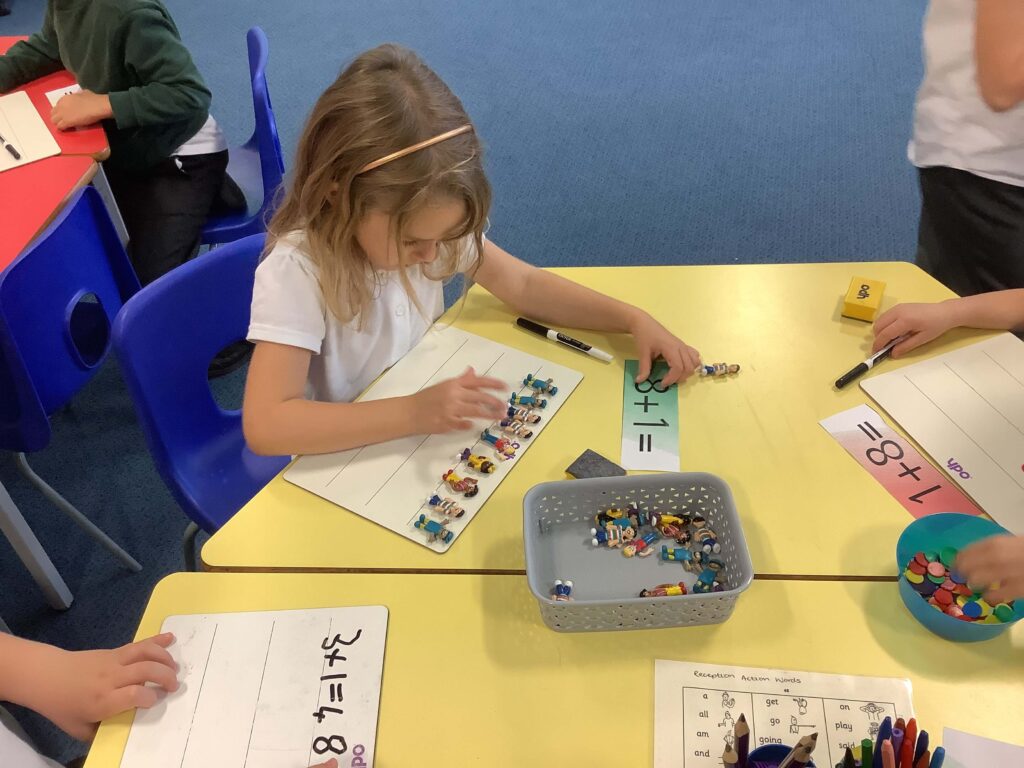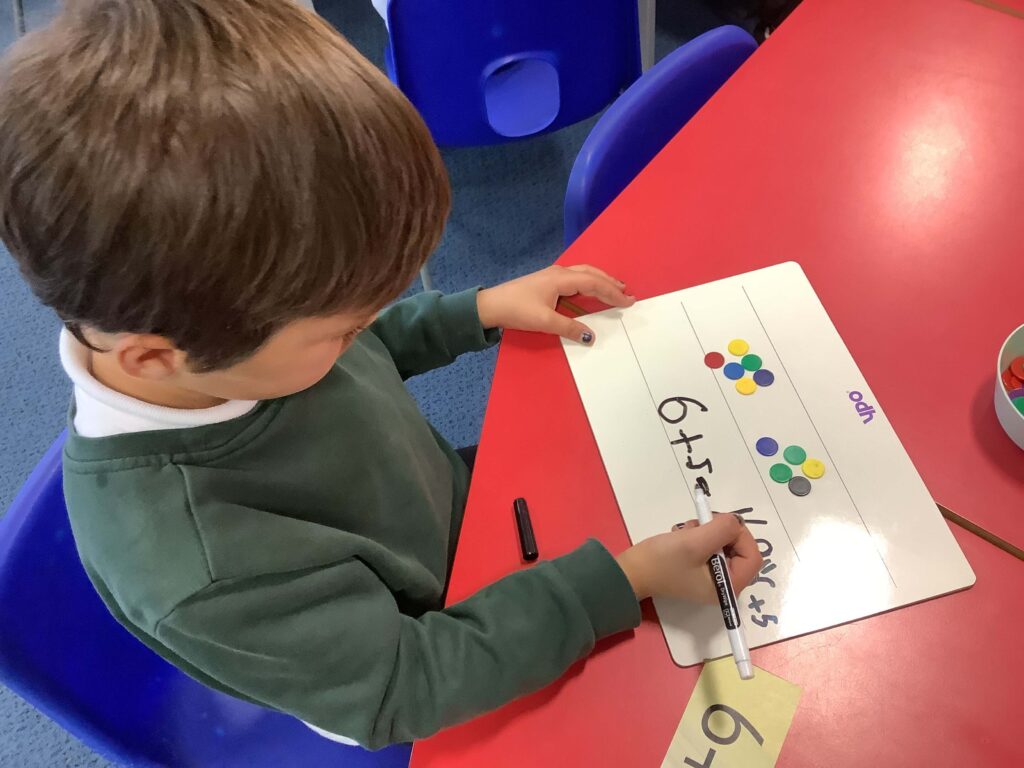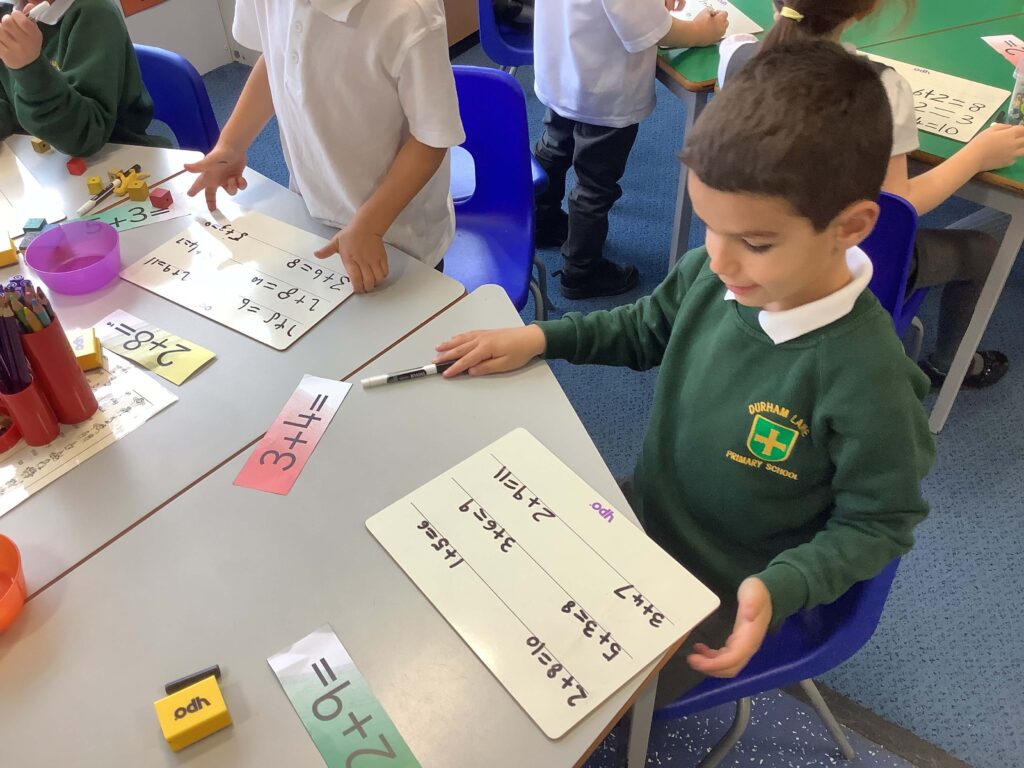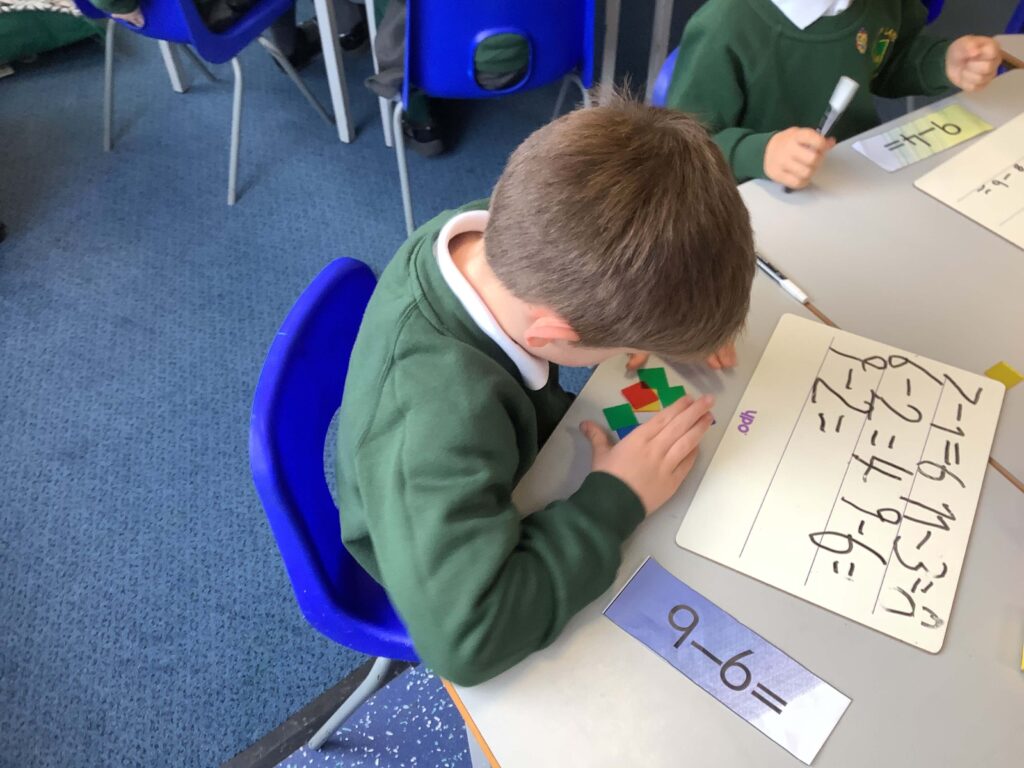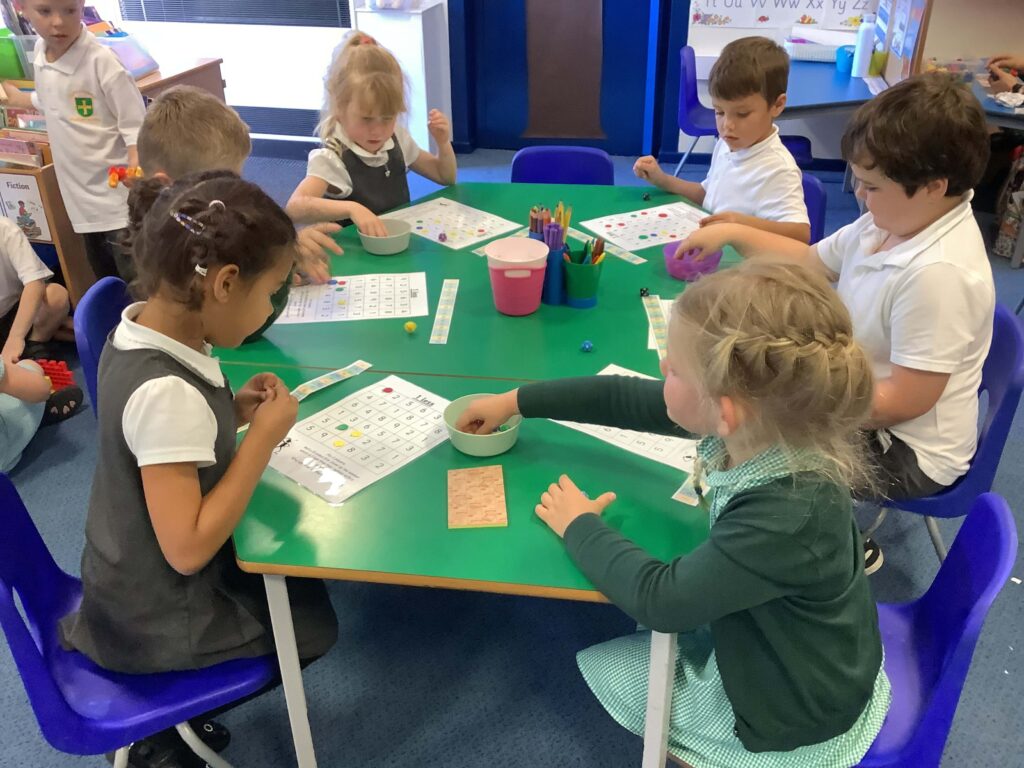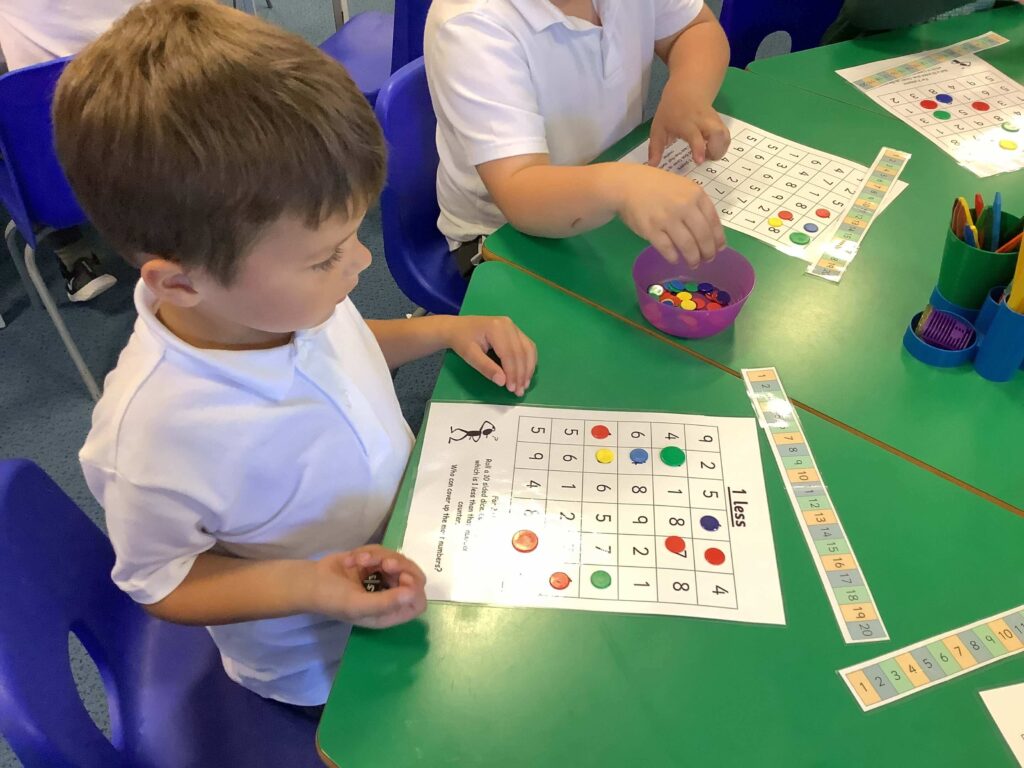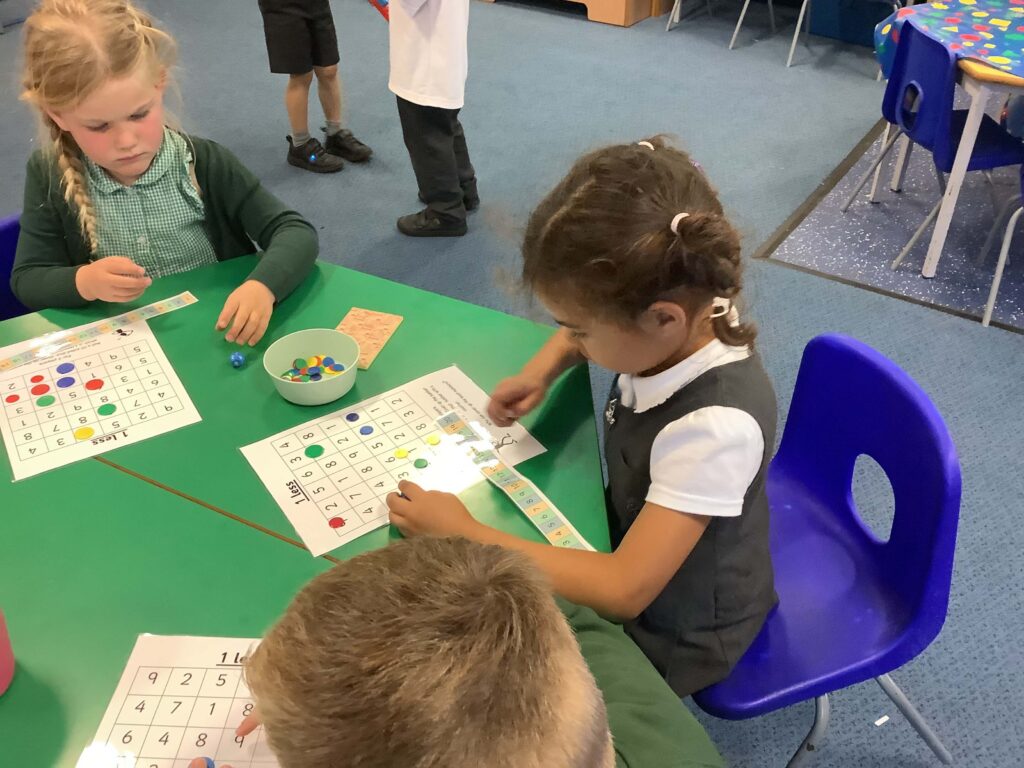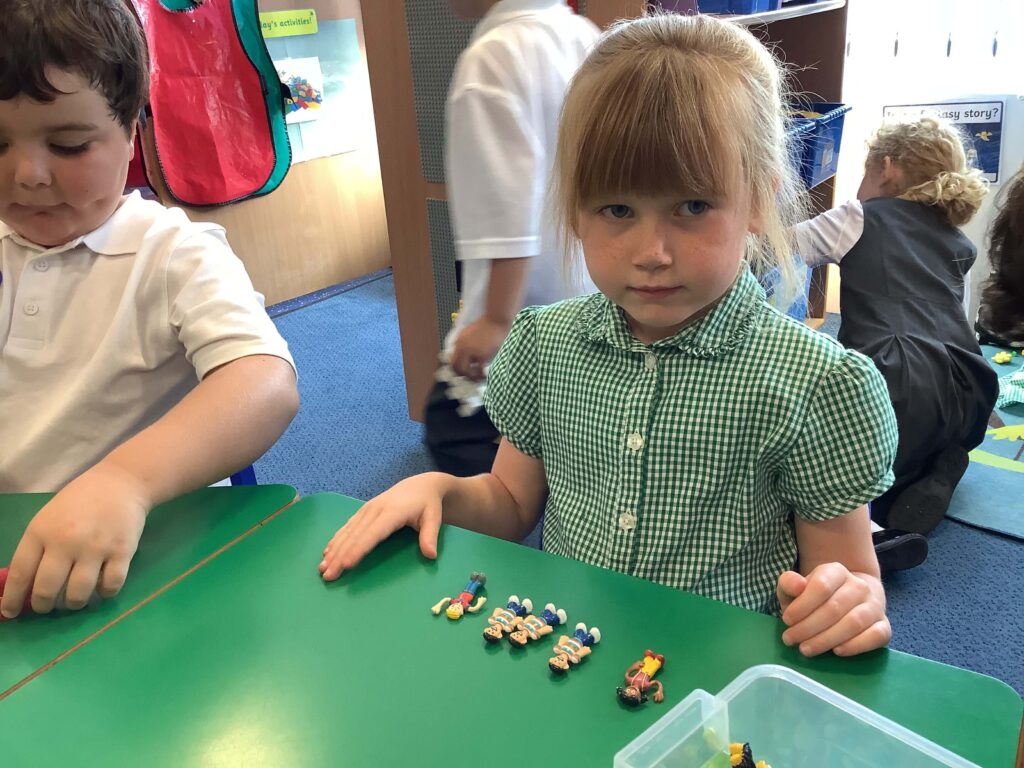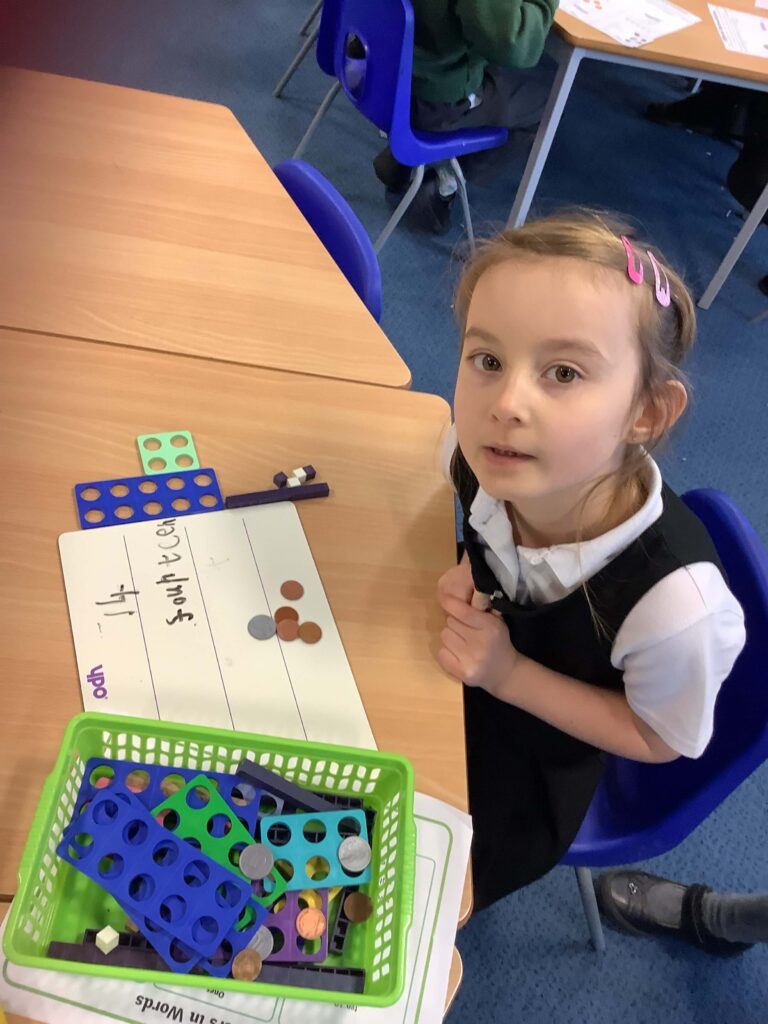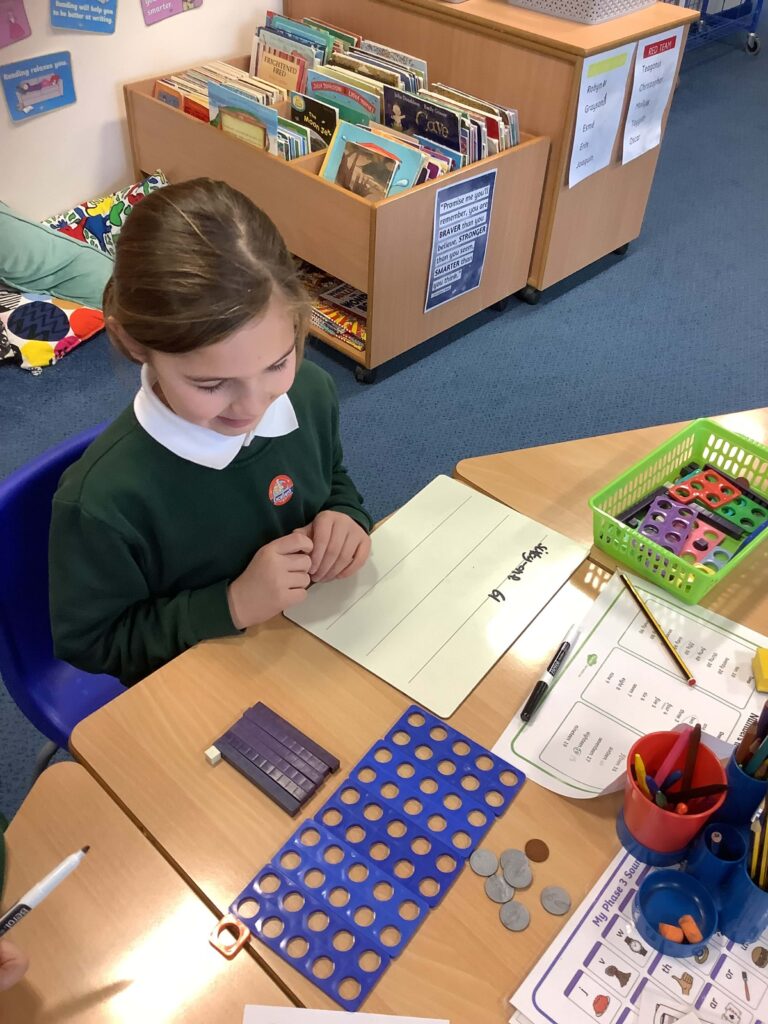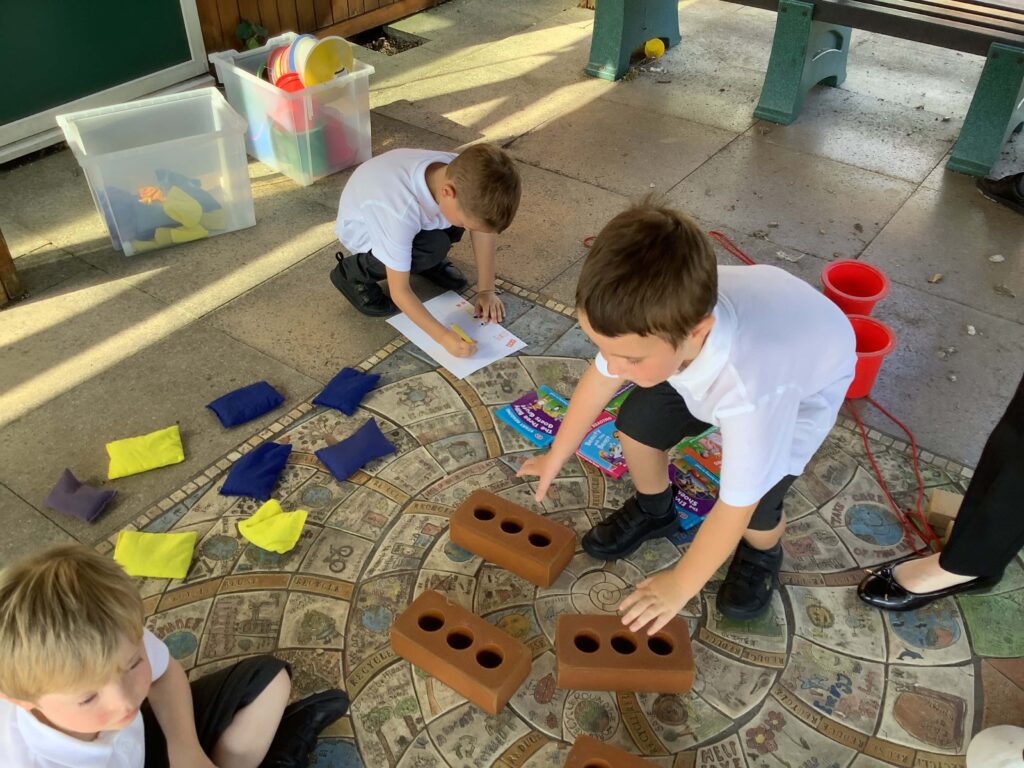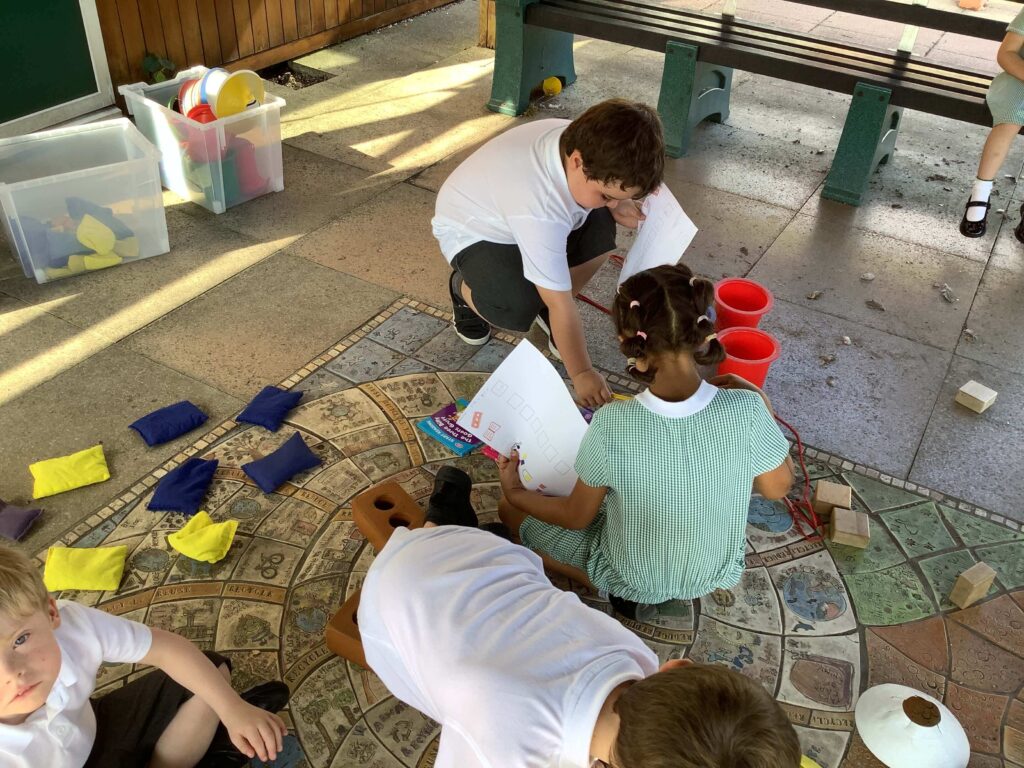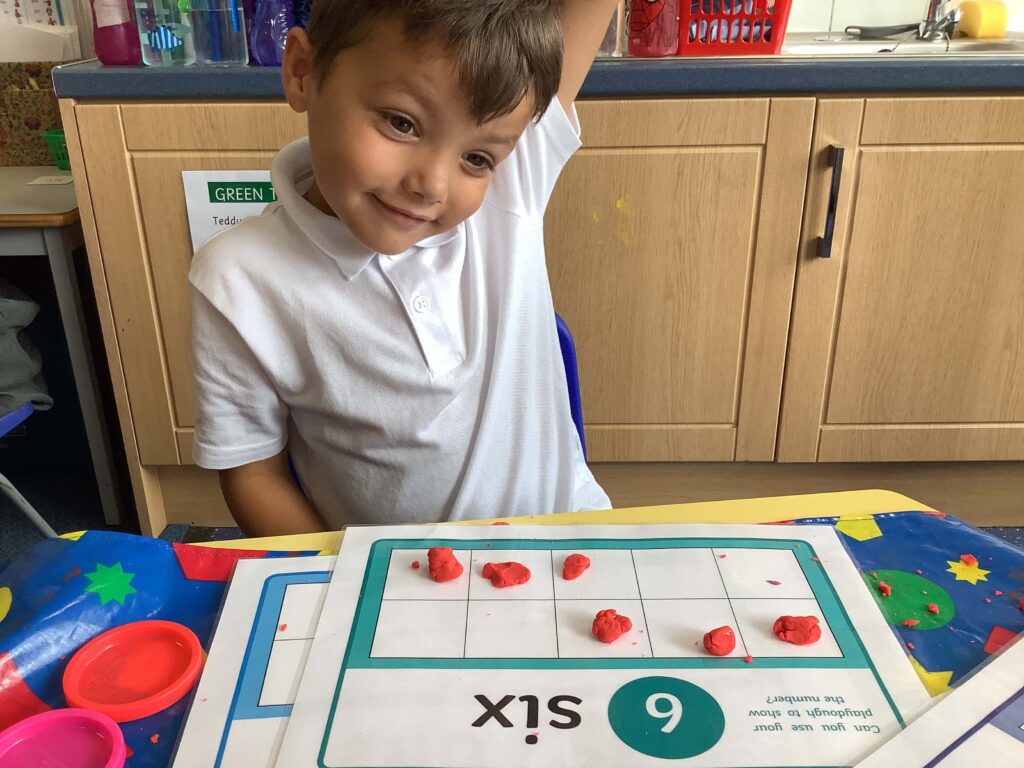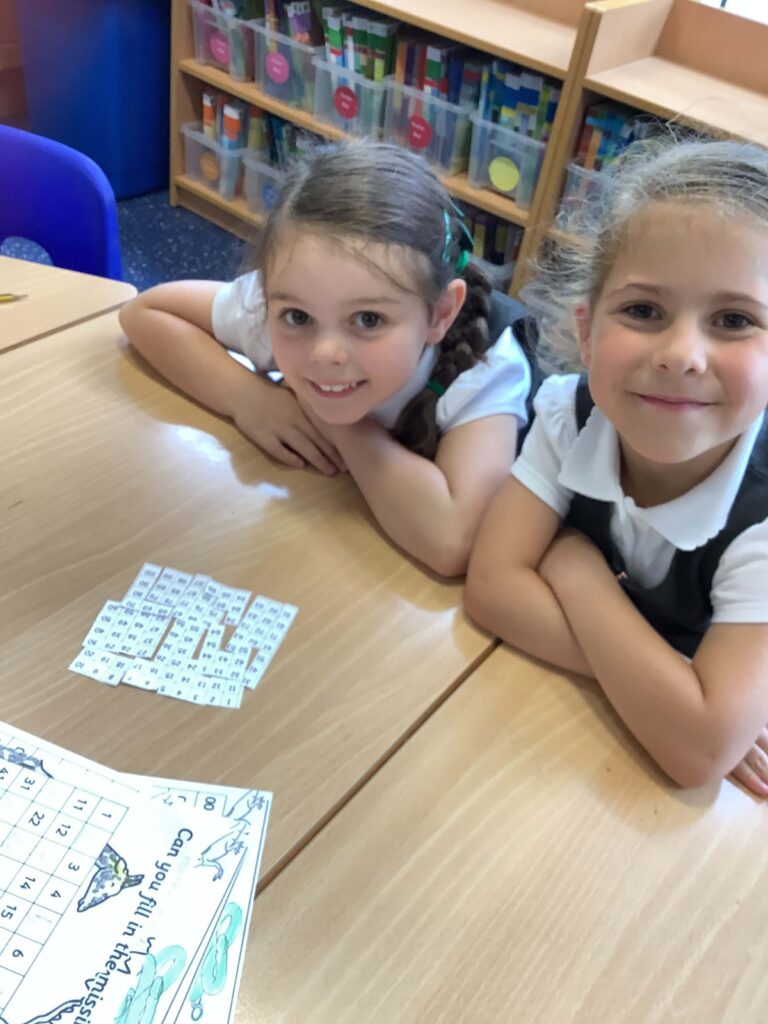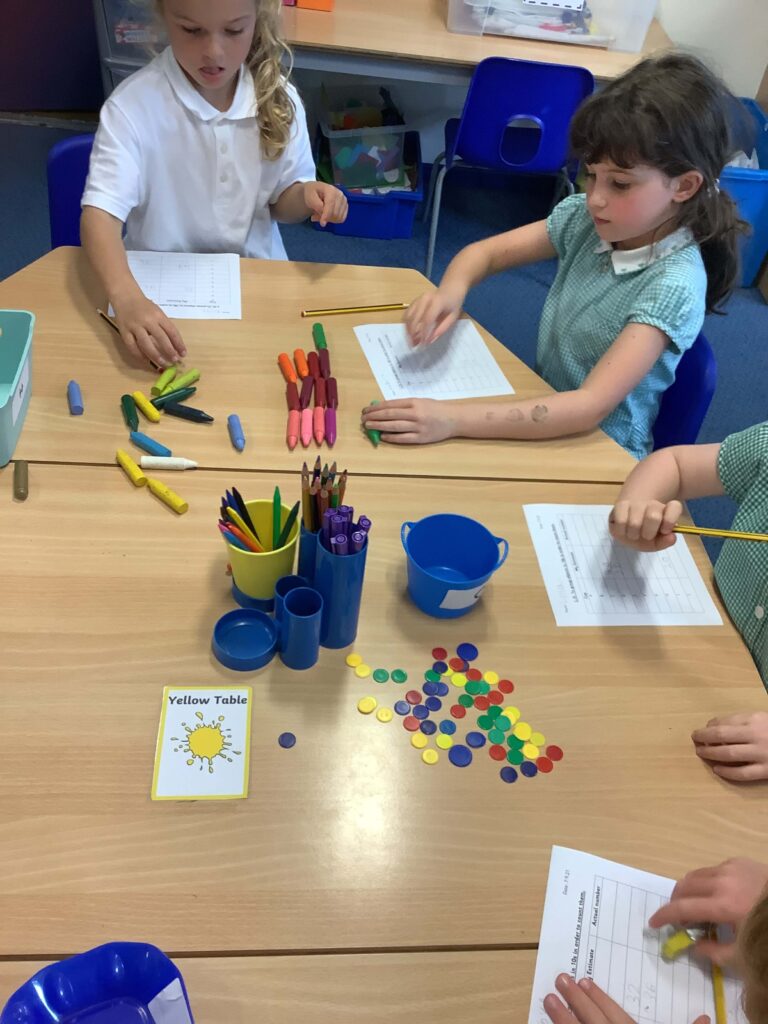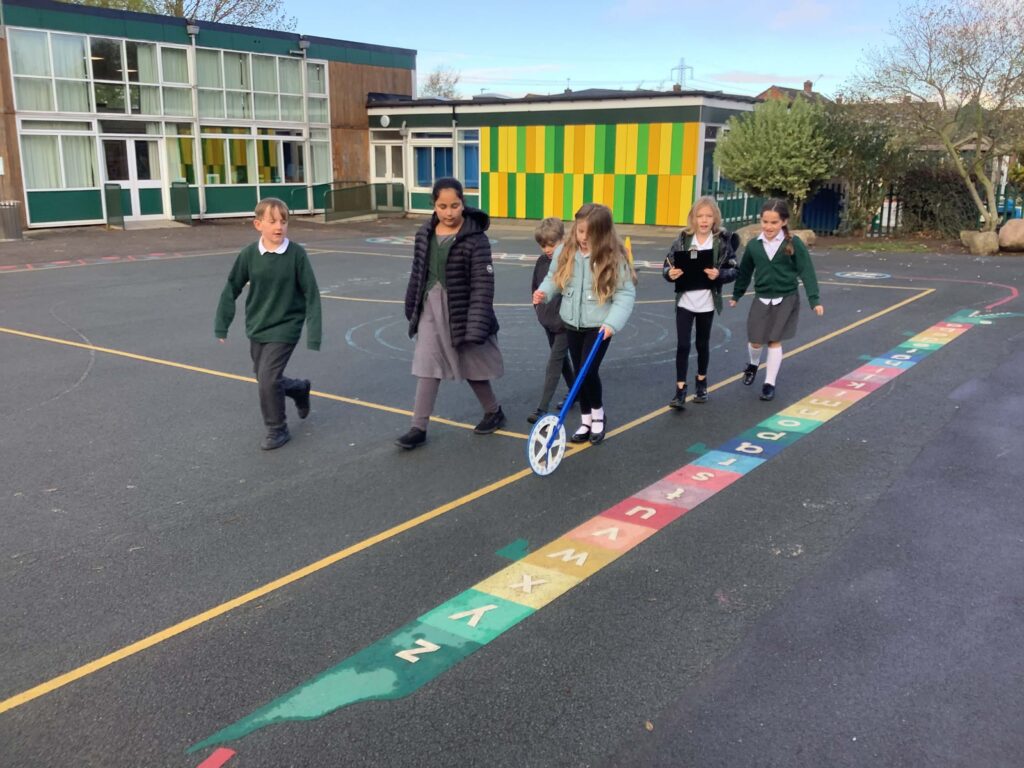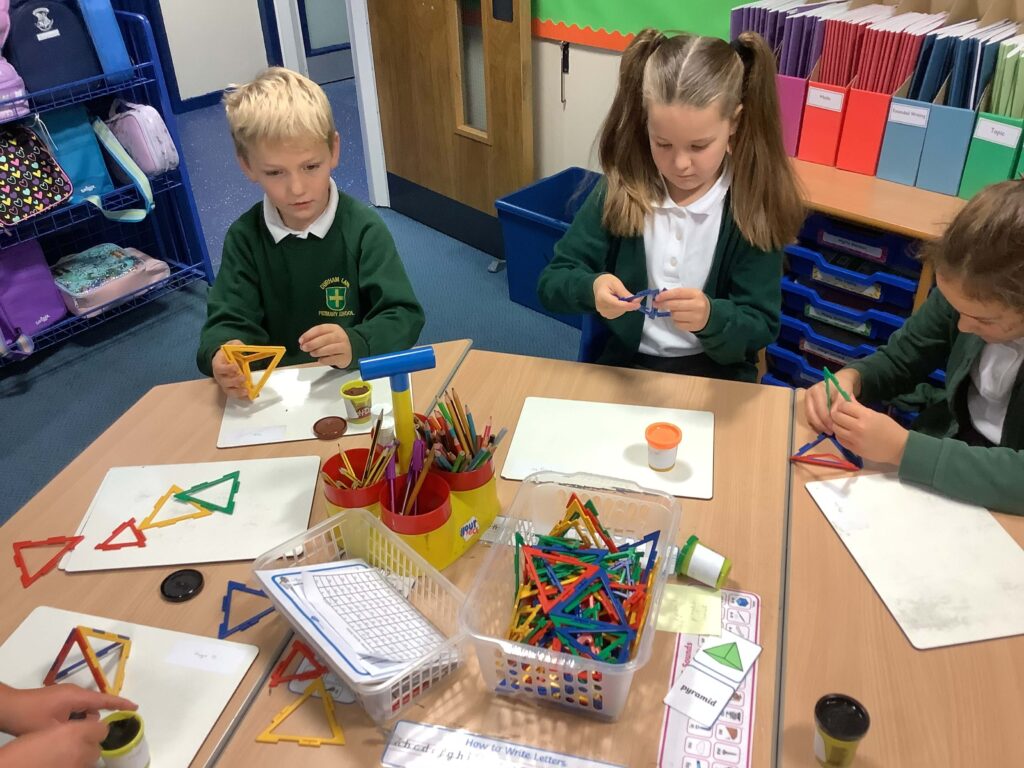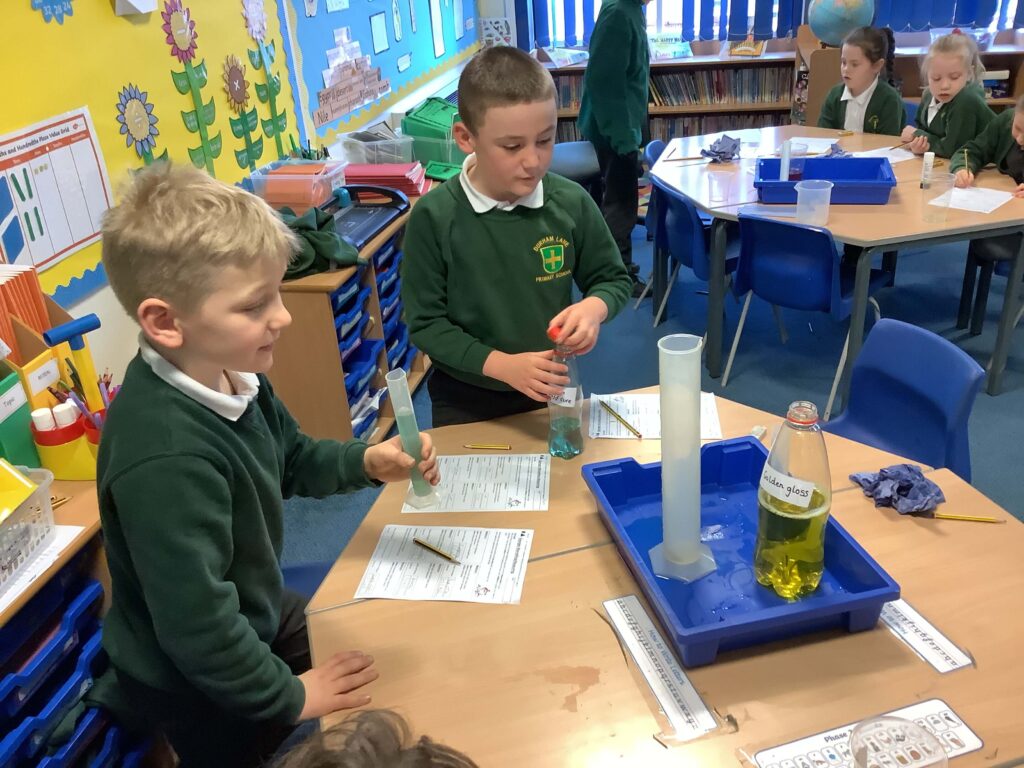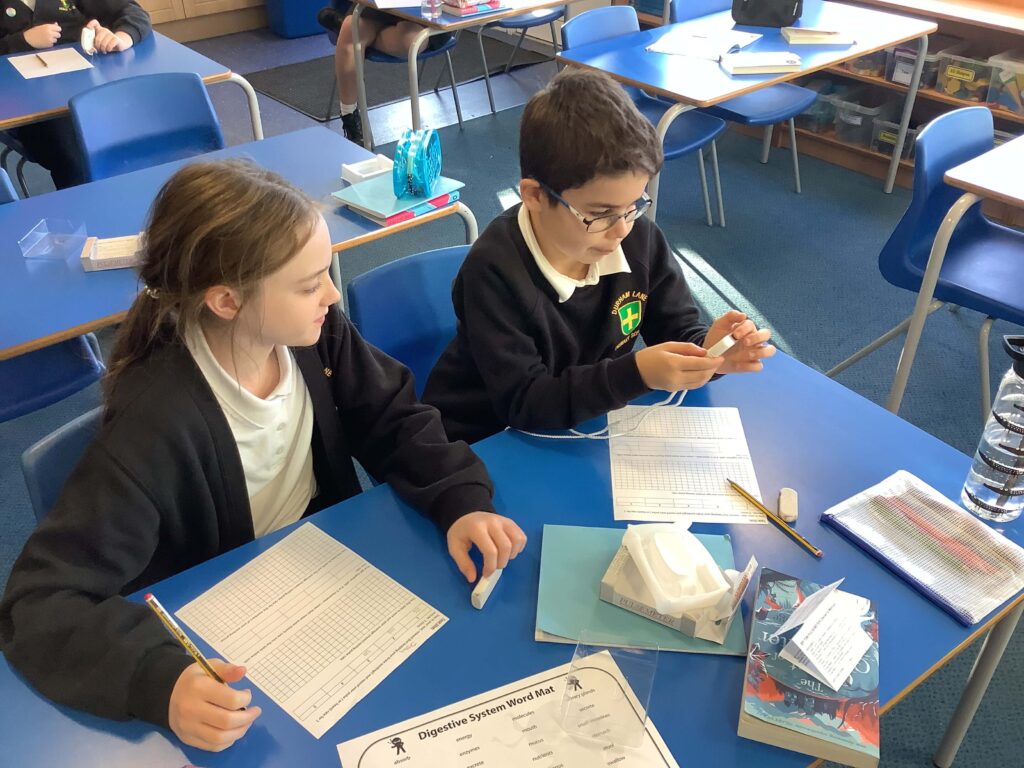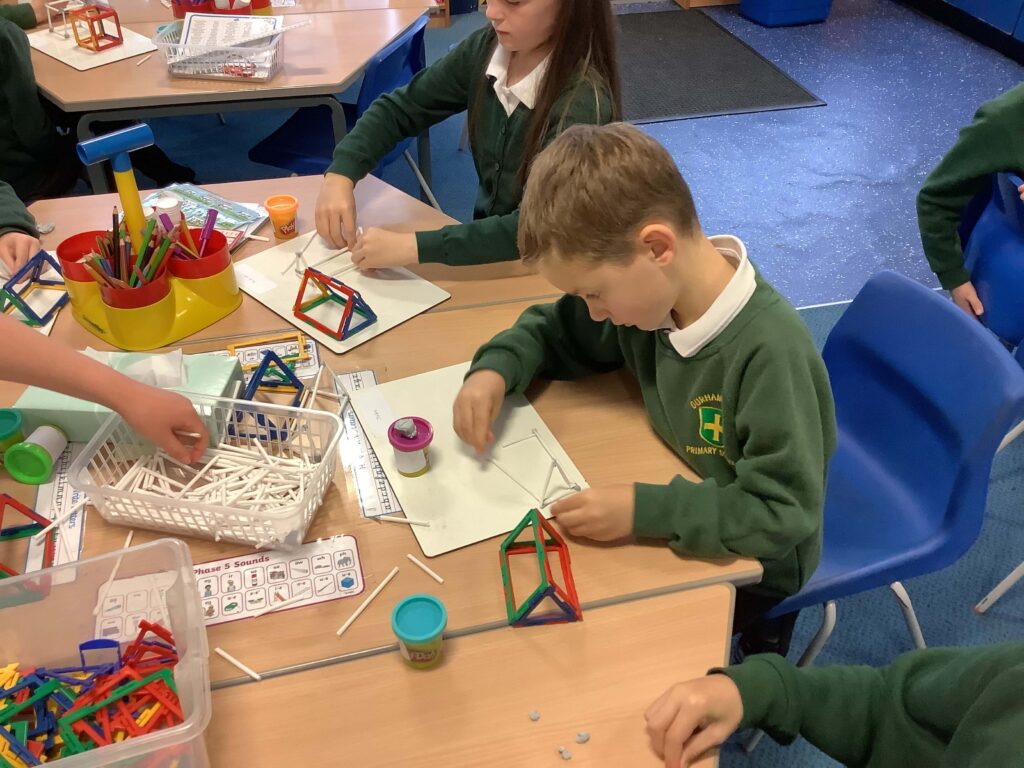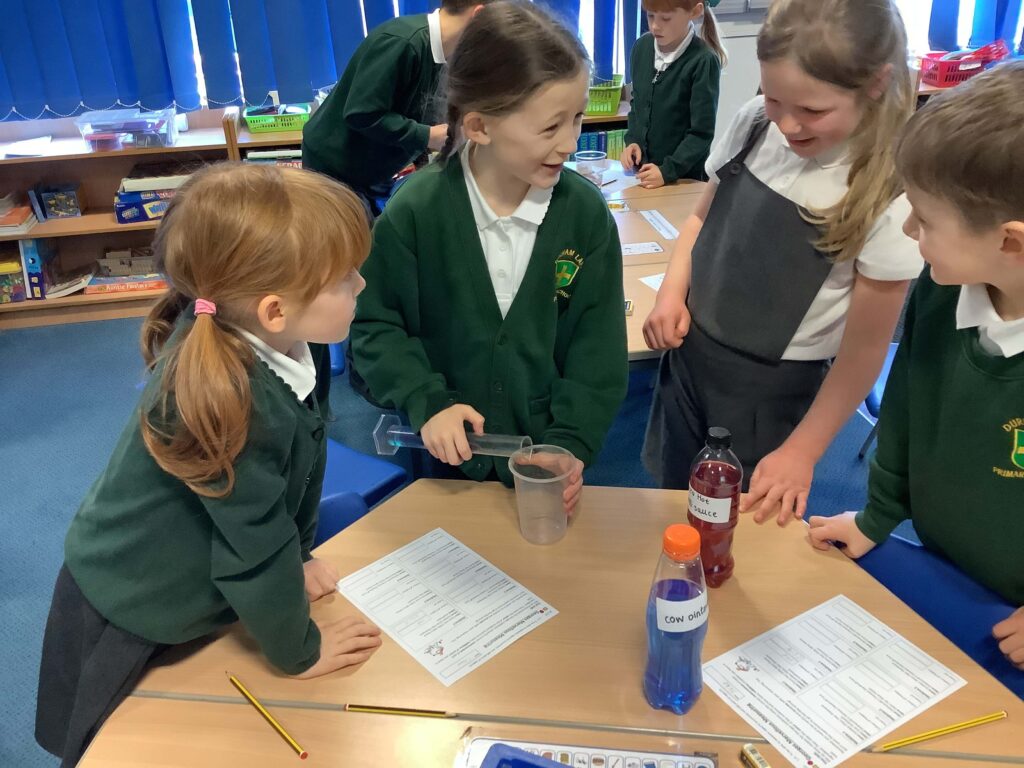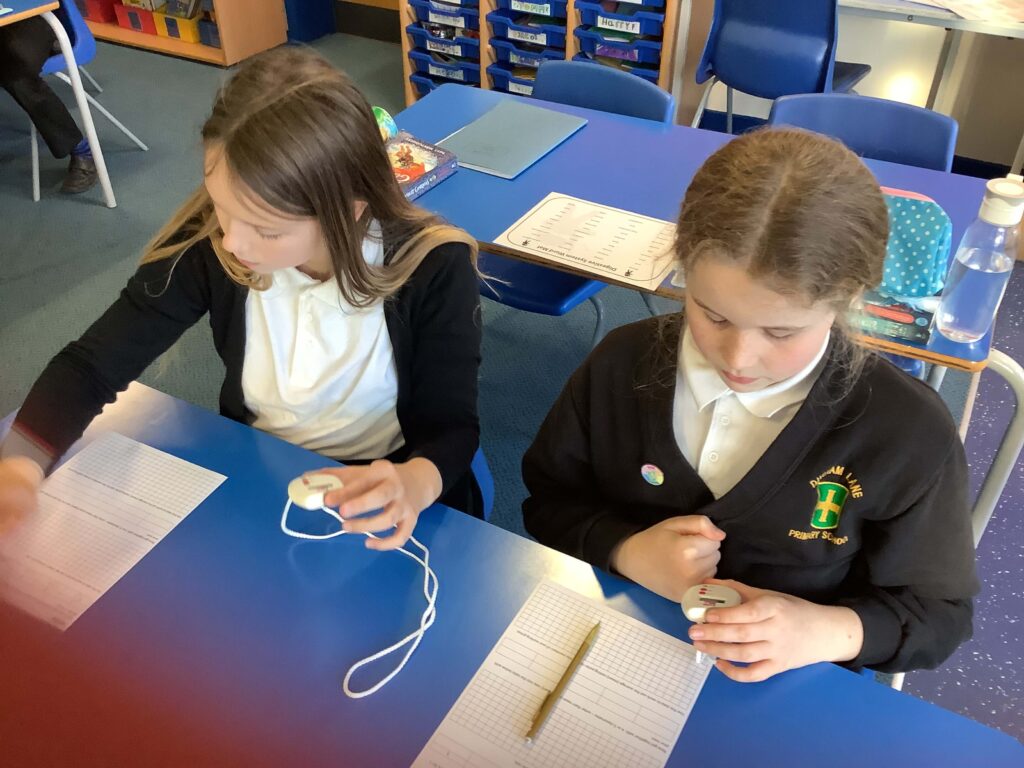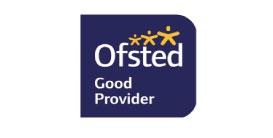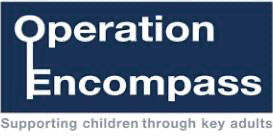Maths Intent Statement
Subject Leader – Mrs H Gregory
Durham Lane Primary School
Mathematics Intent Statement
Intent – what we aim for children to achieve through our maths curriculum.
At Durham Lane Primary School, we recognise that mathematics is essential to everyday life, critical to science, technology and engineering, and necessary for financial literacy and most forms of employment. We are committed to ensuring that children are able to recognise the importance of Maths in the wider world and that they are also able to use their mathematical skills and knowledge confidently in a range of different contexts. We aim to ensure that our children have access to a high quality mathematics curriculum that is both challenging and enjoyable. We want to develop our children into confident mathematicians who are not afraid to take risks. Children need opportunities to make rich connections across mathematical ideas to develop fluency, mathematical reasoning and competence in solving increasingly sophisticated problems. It is vital for the children to be able to see how mathematics is relevant to their world, and applicable to everyday life. We also aim to instil an understanding of how mathematics is something that the children will need as they move through their school life and into the world of employment.
We want all children to enjoy mathematics and to experience success in the subject, with the ability to reason mathematically.
We aim to provide a high-quality mathematics curriculum so that all children:
- become fluent in the fundamentals of mathematics;
- reason mathematically;
- can solve problems by applying their mathematics.
Implementation – how we achieve our aims.
We use White Rose Maths and Abacus from Reception to Y6 as the basis of our curriculum, which is designed to support teachers in all aspects of their planning whilst delivering a Maths Mastery curriculum effectively.
The use of a mastery approach incorporates three key elements: concrete, pictoral and abstract, in helping children explore and demonstrate mathematical ideas, enrich their learning experience and deepen their understanding. Lessons are planned and sequenced so that new knowledge and skills build on what has been taught before. Teachers ensure that that all objectives are taught by referring to our Progression Sheets and access materials from Abacus and White Rose Maths to aid in the delivery of lessons. We are developing techniques that ensure after a topic has been taught it is continuously revisited as the year progresses, allowing the knowledge to become embedded, developed and giving the children the chance to deepen their understanding. All year groups start with number work, as this underpins all mathematical understanding, before moving on to calculation techniques. Staff refer to the Calculation Policy when teaching formal methods, ensuring consistency and progression across school. Reasoning is also taught alongside calculation methods at all times.
Practising the rapid recall of number facts is vital throughout school. This happens regularly in our Foundation Stage and Key Stage 1 in the form of singing, chanting and games. As well as these techniques, in Key Stage 2, a weekly number-based ‘Maths Practice Test’ is planned to give children the opportunity to practise and improve their recall of number facts. Also, in Key Stage 2, all children have access to their own personal account of ‘Times Tables Rock stars’ where they can compete against other pupils and classes in school.
Together, these elements help cement knowledge so pupils truly understand what they’ve learnt.
All pupils, when introduced to a key new concept, have the opportunity to build competency by taking the following approach. Pupils are encouraged to physically represent mathematical concepts. Objects and pictures are used to demonstrate and visualise abstract ideas, alongside numbers and symbols.
Concrete – children have the opportunity to use concrete objects and manipulatives to help them understand and explain what they are doing.
Pictorial– children then build on this concrete approach by using pictorial representations, which can then be used to reason and solve problems.
Abstract – With the foundations firmly laid, children can move to an abstract approach using numbers and key concepts with confidence.
In the Early Years Foundation Stage (EYFS), we relate the mathematical aspects of the children’s work to the Development Matters statements and the Early Learning Goals (ELG), as set out in the EYFS profile document.
Mathematics development involves providing children with opportunities to practise and improve their skills in counting numbers, calculating simple addition and subtraction problems, and to describe shapes, spaces, and measures.
We continually observe and assess children against these areas using age-related objectives, and plan the next steps in their mathematical development in response to this. There are opportunities for children to encounter maths throughout the EYFS provision – through planned activities and the self-selection of easily accessible quality maths resources.
Impact- how we know we have achieved our aims:
We have adopted a Mastery approach to Maths, ensuring all of our children fully grasp a concept and deepen their learning before moving on to new content. A mathematical concept or skill has been mastered when a child can show it in multiple ways, using the mathematical language to explain their ideas, and can independently apply the concept to new problems in unfamiliar situations. Children also have opportunities to develop their fluency, apply their reasoning skills problem solving skills during daily maths sessions.
We measure the impact of our curriculum through the following methods:
- by marking and moderating maths across the school to check standards against progression of skills and planned outcomes;
- Summative assessment of pupils’ skills (termly data is put on our Insight tracking system and is analysed by the subject leader and SLT);
- through records of progression for maths for each child to ensure progress towards planned outcomes;
- through questioning our children in order to deepen their mathematical reasoning, giving children daily opportunities to explain their methodology when approaching a mathematical task;
- through pupil voice where children actively discuss their own learning;
- through annual reporting to parents about their child’s achievement and effort within reading and writing.
Maths in Early Years Foundation Stage
Maths in Key Stage One
Maths in Key Stage Two


